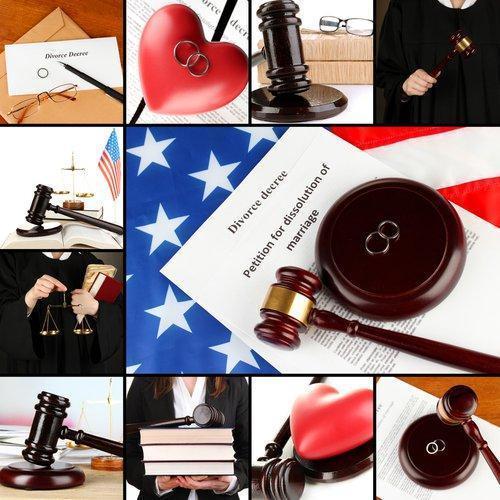Rules for Divorce in Illinois: What You Need to Know
 Did you know that every state in US has certain requirements and procedures for divorce? If you reside in Illinois and are considering getting divorced, there are some important things you will first need to know. You will want to first review Illinois' divorce requirements and be sure to determine that you are, in fact, eligible for a divorce.
Did you know that every state in US has certain requirements and procedures for divorce? If you reside in Illinois and are considering getting divorced, there are some important things you will first need to know. You will want to first review Illinois' divorce requirements and be sure to determine that you are, in fact, eligible for a divorce.
Am I Eligible?
Per state law, at least one spouse must be a resident of the state of Illinois and have maintained residency for 90 days or more. Residency requirements are varied from state to state. Some states simply require 90 days of residency, while others require longer periods of time. Connecticut, for example, requires 12 months of residency, and then a 90 day waiting period, before being eligible to file for divorce.
Grounds for Divorce in Illinois
Illinois recognizes two types of grounds for divorce, fault and no-fault. To be eligible for a no-fault divorce, also known as "irreconcilable differences", both you and your spouse must have been separated for two years. While living in different homes or cities certainly constitutes separation, a lack of support or intimacy may also be considered separation. If both you and your spouse agree to getting a divorce, this period can be lessened to six months of separation.
If "irreconcilable differences" aren't the issue, or if one spouse doesn't agree with the divorce, then divorce can be filed based on fault grounds. Examples of these grounds include emotional or physical cruelty, desertion, and adultery, among others. People may chose a fault divorce for many reasons. Some may not want to wait the two years to be eligible for a no-fault divorce. Others seeking to prove the other spouse's faults may fare better in court when it comes to child custody or in division of marital assets.
In Illinois, these same rules are applied to civil unions as well. Although a civil union does not provide all of the same rights that a marriage does, dissolution of civil unions are treated the same as a dissolution of marriage.
If you are considering or going through a divorce, you may have questions and concerns. A qualified Wheaton divorce attorney can dispel any confusion and beneficial legal assistance and peace of mind. Contact the law offices of Stock, Carlson, Flynn and McGrath, LLC at 630-665-2500 to speak to an attorney.

 630-665-2500
630-665-2500







